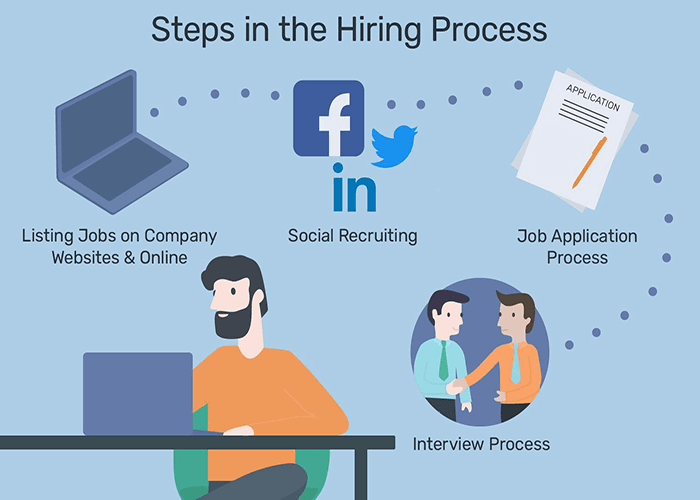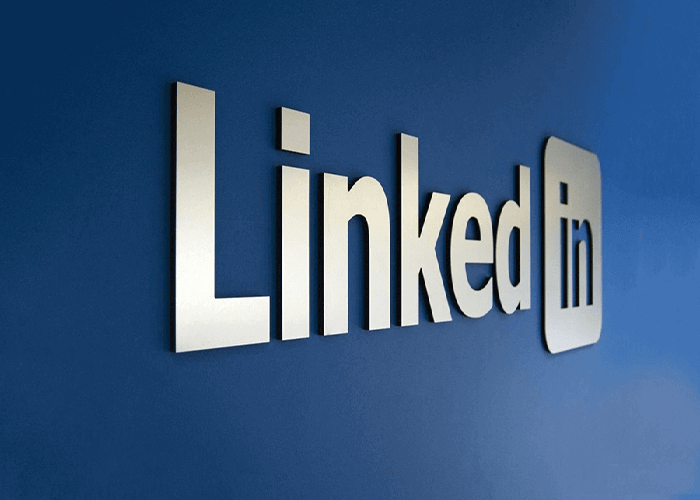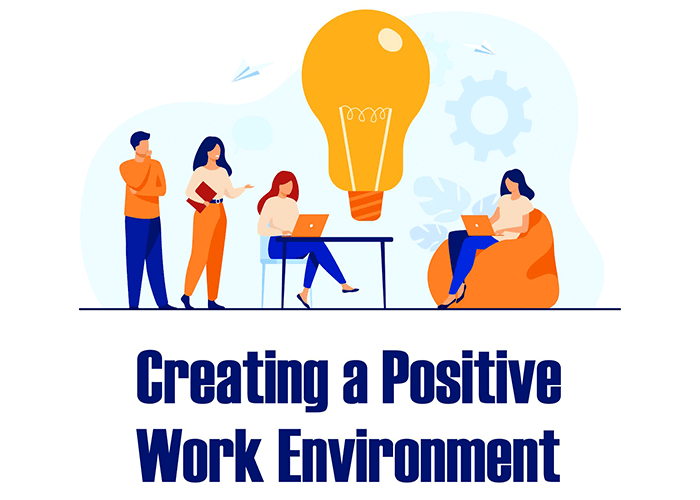Navigating Tomorrow: The Future of Talent Acquisition and Key Trends to Watch

In the fast-paced and ever-evolving landscape of the modern workforce, the future of talent acquisition is an intriguing and dynamic space. As organizations continue to adapt to technological advancements, demographic shifts, and changing employee expectations, talent acquisition professionals find themselves at the forefront of innovation. In this comprehensive exploration, we delve into the key trends shaping the future of talent acquisition and the strategies organizations can embrace to stay ahead of the curve.
Artificial Intelligence and Automation
The integration of Artificial Intelligence (AI) and automation in talent acquisition processes is undoubtedly one of the most transformative trends. AI-powered tools are streamlining and enhancing various stages of recruitment, from resume screening and candidate matching to chatbot-assisted initial interviews. Predictive analytics, powered by machine learning algorithms, are helping recruiters make data-driven decisions, ultimately improving the quality and efficiency of the hiring process.
Virtual Reality (VR) in Recruitment
As remote work becomes more prevalent, the use of Virtual Reality (VR) is emerging as a powerful tool in talent acquisition. VR allows organizations to create immersive experiences for candidates, providing virtual office tours, realistic job previews, and even interactive skill assessments. This trend not only fosters a sense of connection but also enables candidates to make more informed decisions about their potential workplace.
The rise of big data in talent acquisition is revolutionizing how organizations approach hiring. Through advanced analytics, recruiters can gain insights into hiring trends, identify potential areas for improvement, and optimize their recruitment strategies. Predictive analytics is particularly valuable, enabling organizations to forecast talent needs, anticipate turnover, and make proactive talent acquisition decisions.
Candidate Experience and Employer Branding
In the competitive talent market, organizations are placing a renewed focus on candidate experience and employer branding. A positive candidate experience, from the initial application to onboarding, is critical for attracting and retaining top talent. Employer branding goes beyond traditional marketing; it encompasses an organization's reputation, values, and culture. Organizations that invest in creating a compelling employer brand not only attract top candidates but also retain and engage their existing workforce.
Diversity, Equity, and Inclusion (DEI) Initiatives
As societal expectations evolve, organizations are recognizing the importance of diversity, equity, and inclusion in the workplace. Talent acquisition professionals are now actively incorporating DEI initiatives into their recruitment strategies, ensuring fair and unbiased hiring processes. This trend is not just about compliance; it's about fostering a workplace culture that values and celebrates differences, ultimately leading to a more innovative and resilient organization.
The traditional concept of a full-time, in-office job is evolving as the gig economy gains prominence. Talent acquisition strategies are adapting to accommodate flexible work arrangements, remote positions, and project-based employment. Organizations are exploring ways to tap into the pool of highly skilled freelancers and contractors, creating a more agile and versatile workforce.
Continuous Learning and Upskilling
The rapid pace of technological advancement requires a workforce that can adapt and upskill continuously. Talent acquisition is increasingly focusing on identifying candidates with a growth mindset and a willingness to learn. Organizations are investing in training and development programs, not only to attract top talent but also to foster a culture of lifelong learning within their workforce.
Social media platforms are no longer just a means of personal connection; they have become powerful tools for talent acquisition. Recruiters are leveraging platforms like LinkedIn, Twitter, and Instagram to connect with potential candidates, showcase company culture, and amplify employer branding efforts. Social media provides a real-time and authentic way for organizations to engage with their audience and build a talent community.
Conclusion
In conclusion, the future of talent acquisition is a tapestry woven with technological innovation, cultural transformation, and a renewed emphasis on human-centric practices. To navigate this landscape successfully, organizations must embrace these trends, leveraging them not only to attract top talent but also to create a workplace that is adaptable, inclusive, and future-ready.
As we look ahead, it is clear that the role of talent acquisition professionals will continue to evolve. By staying informed, embracing technological advancements, and prioritizing the human element, organizations can build a workforce that not only meets the demands of the future but thrives in the face of uncertainty. The journey into the future of talent acquisition is an exciting one, and those who embark on it with foresight and agility will undoubtedly find success in attracting, hiring, and retaining the best talent in the years to come.






